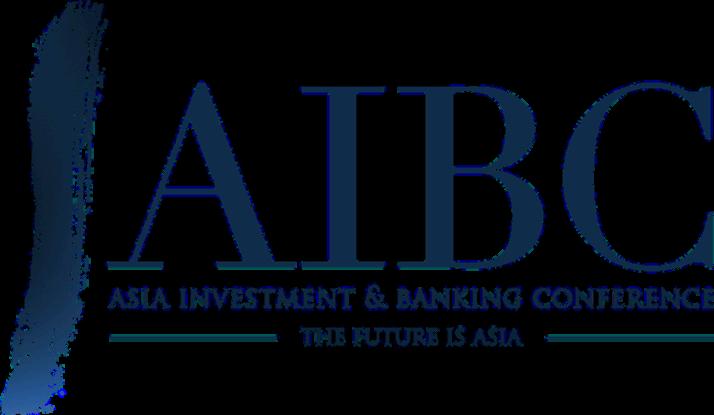



AIBC 2024 Interview Series:
A discussion on Commercial Banking with





AIBC 2024 Interview Series:
A discussion on Commercial Banking with
AIBC Global Research Team continues to provide unparalleled student development opportunities in 2024
It is with great pleasure that we welcome you to the Asia Investment and Banking Conference (AIBC) 2024, where this year's theme, "Redefining Boundaries," encapsulates our commitment to shaping the future of finance In line with this vision, we proudly present the #AIBCResearch series an endeavour to merge academic research with industry insights, developed by our student analysts.
This curated collection of articles aims to provoke thought and challenge thinking AIBC's dedication to student development, strategic talent discovery, and meaningful industry connections is exemplified through our research initiative. These components are integral to our foundational goal of equipping emerging finance professionals with the tools to transcend traditional barriers
We invite you to engage fully with this series, allowing the insights within to broaden your perspectives. May your journey through the #AIBCResearch series inspire you to redefine your own boundaries and contribute to the ever-evolving narrative of the finance industry
Meet our Interviewee Meet our Interviewee
Commercial Banking Associate, Citi
Samson is an MBA (Finance) graduate from City University of Hong Kong, and holds a Business Administration & Management with Honors, from De Montfort University. He has a keen interest in behavioral finance on how investors psychology affects markets direction. During his free time, he would go for scuba diving for relaxing and do motocross for an adrenaline rush.
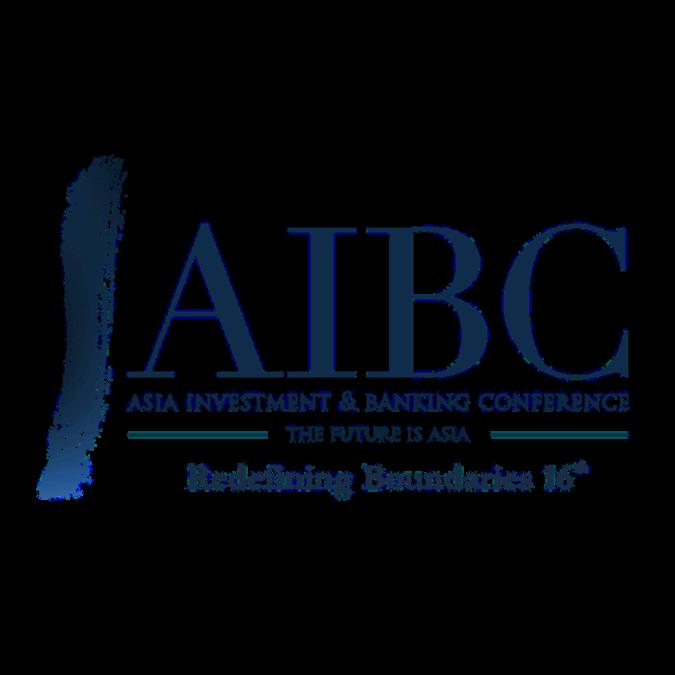



Overviews and insight Follow the 8 themes unfolding throughout the conference



Investments in assets outside of stocks, bonds, and cash, including real estate, commodities, and collectables.




Private investment funds employ various strategies to earn active returns for their investors, often using leverage and derivatives.

The process of developing, operating, maintaining, and selling assets to maximise investor returns.
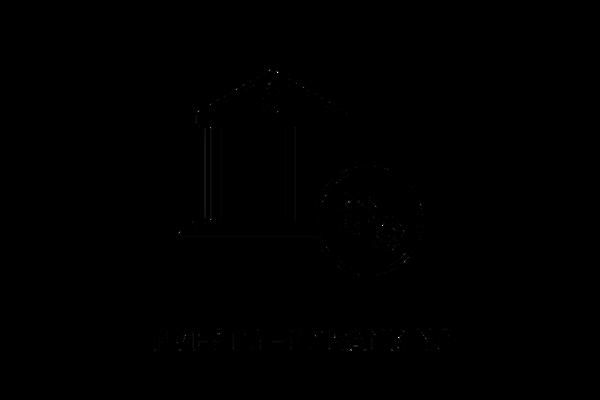
Financial services dealing with the creation of capital for other companies, governments, or other entities through underwriting or acting as the client's agent in the issuance of securities.
Banking services offered to high-networth individuals, providing personalised financial advice and solutions.
The use of mathematical models and algorithms to identify trading opportunities and manage investments automatically.

Investment in private companies or buyouts of public companies, aiming to restructure or improve their operations and profitability before selling them for a profit.
The buying and selling of securities, commodities, and other financial instruments in financial markets, through either facilitating transactions for clients or trading on their own firm’s behalf.

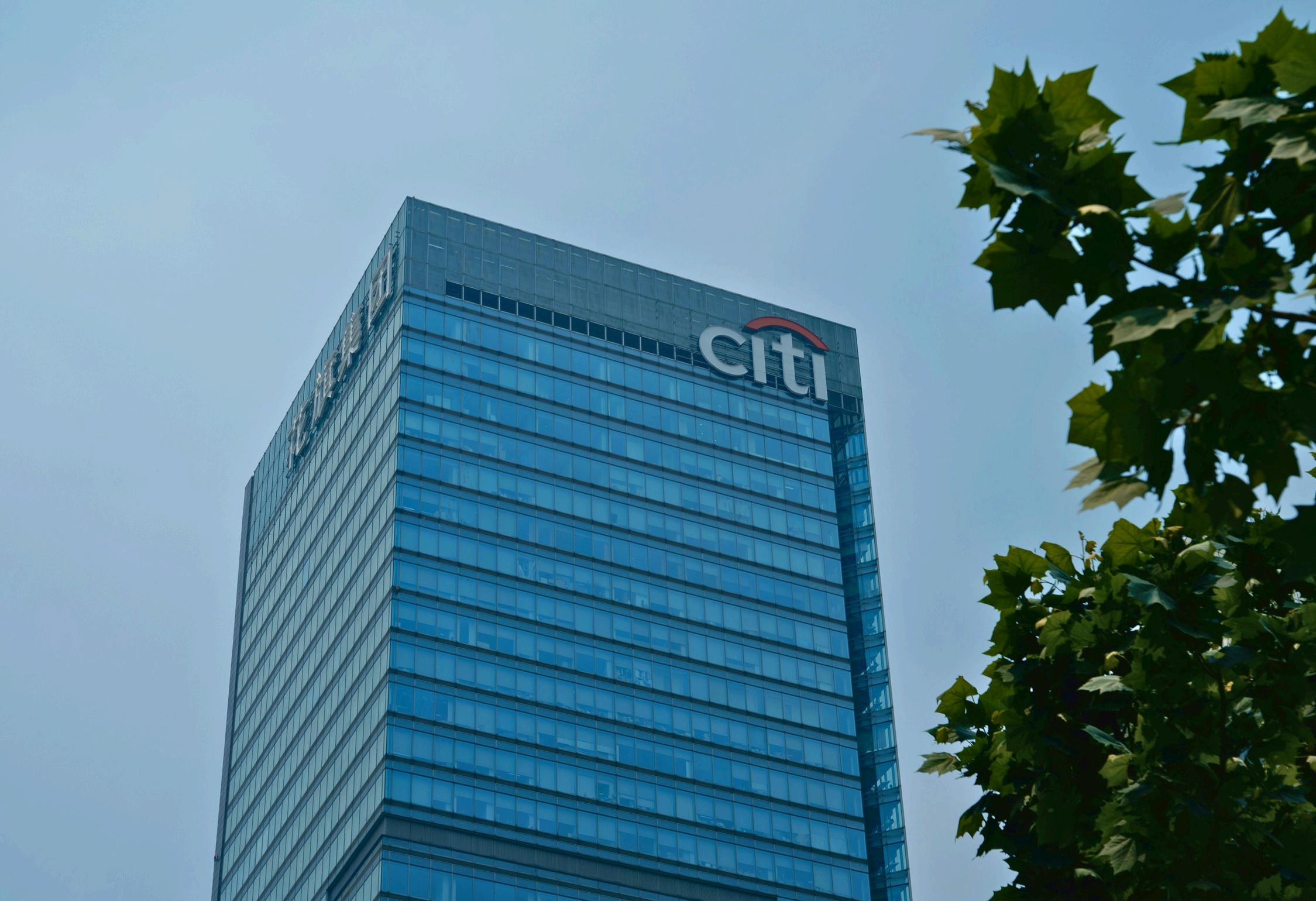
Can you provide us an overview about what your typical day of life as a commercial banking analyst in Citibank is like?
There is no “typical day” as an analyst at Citi, but generally, we have a few main activities First, I spend a significant portion of my day researching and analyzing various aspects of commercial banking This may include financial statements, industry trends, and the borrower's creditworthiness. All of these are for business development. When we study which industries are currently the most promising or attractive, we can identify new business opportunities.
Another activity that we always do is financial modelling. For instance, if we are in a credit team, lending money to clients, we have to do financial modelling to project the future.
Of course, there will be a lot of client interactions. This could involve gathering information, discussing financial needs, or presenting analysis and recommendations. For instance, during my previous rotation in the sales team, I went three to four times to China to do factory visits and to speak with the heads, either as prospects or as current customers
There will also be report writing; we will prepare reports on all the activities I’ve mentioned
One essential thing in commercial banking is continuous learning We are always learning new industry trends and market development and follow regulatory changes closely


Can you walk us through your career path? What do you think differentiates Citi from other companies?
I joined Citi after graduation So why Citi and why commercial banking? There are a few main reasons
Firstly, I did a master’s degree in finance because I wanted to be in the finance industry Citi Commercial Bank gives us the opportunity and exposure to banking operations, financial markets, economic trends, etc This exposure can deepen your understanding of finance and provide a solid foundation for future career growth within the financial sector
Secondly, there will be relationship building I enjoy being in client servicing Citi Commercial Bank gives me significant opportunities to do so When we become relationship managers, I would say that interacting with different clients would be our primary responsibility. This provides an opportunity to develop strong professional relationships and interact with diverse clients. Building a network of contacts can be valuable for career advancement and future opportunities.
Thirdly, Citi Commercial Bank provides a wide variety of roles. For example, one can be a Relationship Manager if one enjoys relationship building. One who prefers credit analysis can always join Credit Lending Management. There are risk assessment, corporate finance, or treasury functions roles. Inclusion with diverse career paths within commercial banking allows us to find a position that aligns with our interests and strengths
Finally, the Citi Commercial Banking Analyst Program is welldefined It provides a clear roadmap for career progression and advancement opportunities With experience and demonstrated expertise, you can move up the ranks and take on more challenging roles or leadership positions


Could you advise our students in our community who are unsure whether they want to pursue a career in banking, specifically commercial banking?
Research the banking industry; various sectors and roles are available within the industry So, you can choose your niche, whichever part you feel passionate about
Gain practical experience by doing internships in the banking sector, seeking opportunities to do part-time jobs, or volunteering in a bank This exposure will provide valuable insights into the industry's day- to-day responsibilities and the working culture changes
Network with industry players Reach out to professionals working in the banking industry to learn more about the experience Connect with the alums in your university currently working in banking jobs
Finally, consider your skills and interests Reflect on your own strengths Assess whether you are good with numbers or good at communicating Different roles require different skills So, look at which part fits you most


What are the challenges and opportunities that you think are currently present in commercial banking specifically?
There's a lot of market competition It's competitive because it's a profitable business, attracting big players As a relationship manager, we are constantly progressing to make ourselves (and Citi) attractive At the same time, we put risk & control as a top priority by reviewing the creditworthiness of our clients
Managing client expectations and maintaining solid relationships can be challenging Clients may have diverse needs, complex financial situations, or demanding timelines Effective communication and problem-solving skills are crucial in navigating client relationships.
However, there are still many opportunities. Bankers have the opportunity to develop long-term relationships with their clients. We are there for them when they are starting up, progressing, elevating their business. We accompany them through various stages and provide one-stop solutions for their growing business. Citi's global network will be an advantage for those companies with a worldwide vision.


What is the most essential skill you think youngsters like us who are about to graduate need to equip themselves with?
Adaptability. You must always be adaptable, especially in today's world, which is fast-paced and constantly changing. There are always new technologies, trends, industry players and crises. So, equip yourself with an adaptability skillset; you will be comfortable with the constant change. This is an advantage for an individual, the banker, and the bank. Those who are adaptable usually win.
Leverage our platforms to connect with AIBC 2024, whether you're a seasoned graduate or new to the world of investment and banking. Here's how you can get involved:



Search for and follow #aibcResearch on LinkedIn to access our extensive library of free-to-view research reports. Gain insights and expand your understanding of the global finance landscape.
Stay in the loop with event signups and the latest AIBC 2024 conference news on our Instagram account.
Join our conference in 28-30 August 2024
Interested in joining AIBC 2024? Visit our website to apply and secure your place at the conference.
Be part of the conversation that's shaping the future of finance.
Be part of conversation that's shaping the future of finance.
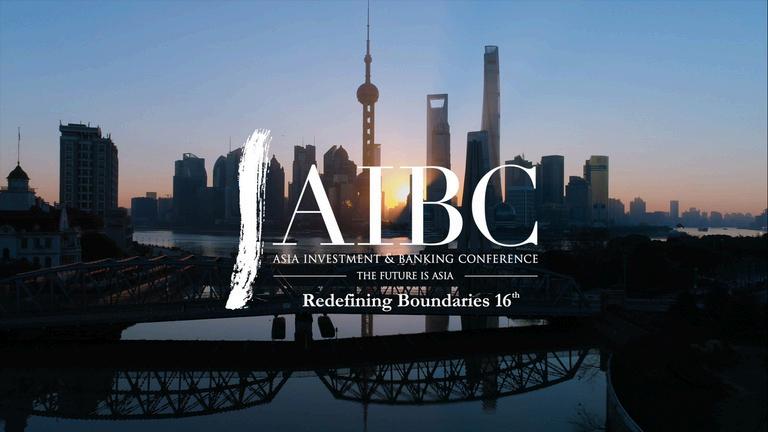

Introducing AIBC 2024 | Save the Date | AIBC
40+countries
140+universityparticipation
150+globalpartners
TopfinancialInstitutionalsponsor
WanttolearnmoreaboutAIBC?Checkoutour introductorycommercialnow!
AIBC 2024's Theme | Redefining Boundaries 16th
Learn more about AIBC 2024’s theme, Redefining Boundaries in this video. AIBC 2024 aims to equip emerging financial professionals with the skills to adapt to the ever-changing financial landscape

The information provided in this report (the "Report") on Asia Investment and Banking Conference is for general informational and educational purposes only. All information in the Report is provided in good faith. However, we make no representation or warranty of any kind, express or implied, regarding the accuracy, adequacy, validity, reliability, availability, or completeness of any information in the Report.
The Report is not intended to provide, and should not be relied on for, investment, accounting, legal, or tax advice. You should consult your own investment, legal and tax advisors before engaging in any transaction. The views, thoughts, and opinions expressed in the Report belong solely to the author, and not necessarily to the author’s employer, organization, committee or other group or individual.
The Report may contain forward-looking statements that involve risks and uncertainties, and actual outcomes and results may differ materially from those expressed or implied in the forward-looking statements. Past performance is not indicative of future results.
Asia Investment and Banking Conference is not a registered investment advisor or broker/dealer. Neither Asia Investment and Banking Conference nor any of its affiliates or representatives are providing you with investment advisory services or with advice on the value of securities or on the advisability of investing in, purchasing, or selling securities, or on the merits of any investment strategy.
By accessing and using the Report, you agree to hold Asia Investment and Banking Conference, the author, and any affiliates associated with the Report harmless and waive any and all claims, losses, liabilities, costs, and expenses that you may have against them. This disclaimer may be subject to updates and changes.


